Chikoo is a nutritious fruit that provides the body with all it needs. Also known as sapota, it can be eaten raw, but it also makes a delicious addition to sweets, drinks, and milkshakes. You can reap the many physical and emotional health benefits it provides.
Table of Contents
What is chikoo?
Chikoo, a popular tropical fruit, is from the family Sapotaceae. There is a sweet taste and a grainy texture to the pulp of this grey-brown fruit. The fruit is hard and contains saponin when it is unripe, but it softens and loses this substance as it matures. Chiku, also known as sapodilla, is an evergreen tree species that can only be grown in very warm climates. Although flowers bloom continuously, fruit is produced only twice yearly.
Chicle, a sap extracted from the tree's bark, is the primary motivation for modern Chikoo tree farming. Fruits are the primary reason the tree is cultivated in India, which has the biggest population of farmers worldwide. Native to southern Mexico and the Yucatan, chikoo trees are cultivated for their gum. They've been cultivated in the Caribbean, Central America, the Philippines, and the Florida Keys for centuries.
It's helpful for keeping up an active and healthy lifestyle as it contains a lot of calories despite having very little fat and no cholesterol. Known as a Chikoo in India, a Sapodilla in the United Kingdom, a Zapote in Spain, and the Naseberry in the West Indies, this fruit goes by many names around the world.
Fruit description:
Chikoo is a brown-skinned, oval or spherical fruit. High levels of latex give the immature fruit a tough exterior and a white flesh. As the fruit ripens and its flesh turns brown, the latex content diminishes. In the middle of the meat are what look like little, black, glossy beans.
Nutritional value of chikoo:
Each 100 grams of chikoo has roughly 83 kilocalories, making it a nutrient-dense but calorie-dense fruit. It's low in fat and cholesterol-free, and it has about 20 g of carbs. In terms of dietary fibre, it's quite high, at about 5 g per 100 g of fruit. Sapodilla has high amounts of vitamins C, A, and many B vitamins like niacin, riboflavin, and thiamin. It's also rich in iron, copper, and calcium, and has significant amounts of magnesium, phosphorus, selenium, and zinc.
Health benefits of chikoo:
- Great source of energy:
Chikoo is a good source of energy due to its high glucose and calorie content. It provides immediate vitality. So we can drink it while working out. It's a fast way to get a boost of healthy energy. When it comes to satisfying the increased energy needs of kids and pregnant women, sapota is the superior fruit option.
- Boosts immunity
The vitamin C and antioxidants found in sapota are great for keeping illness at bay. Sapota contains polyphenol, which may neutralise harmful pollutants and reduce the likelihood of sickness. It protects the body from potentially hazardous microorganisms thanks to its antibacterial and antiviral characteristics.
- Improves skin
Chikoo is one of the best fruits for beautiful skin since it is loaded with nutrients like vitamins, antioxidants, minerals, and dietary fibres.
This fruit's high water content and abundance of skin-beneficial vitamin E make for radiant wellness from the inside out. In addition, it has a high concentration of antioxidants, which prevent the ageing process by neutralising the free radicals that contribute to it.
Kernel oil found in sapota seeds has been shown to alleviate skin irritation and discomfort. This oil can be used as a poultice to alleviate the discomfort of certain skin conditions.
- Improves hair quality
We all know that sapota has the nutrients our hair needs to be healthy. Did you know that the oil extracted from sapota seeds is even more good to your hair than the fruit itself?
Oil pressed from sapota seeds is a great hair conditioner and softener. It works best on extremely curly hair that is difficult to tame. In addition to promoting healthy hair growth and soothing irritable skin disorders like seborrheic dermatitis, this oil can be used to treat both.
When combined with castor oil, the paste made from powdered sapota seeds is quite effective. Apply this concoction to your scalp and rinse it off the following day.
- Improves digestive health
Chikoo has a chemical called tannins that prevents acid release in the digestive tract, and it also contains a lot of dietary fibre. Therefore, it helps with acid reflux. For those who suffer from constipation, it works wonders as a laxative that also helps reduce intestinal infections.
- Beneficial to bone health
Bone-healthy calcium, phosphorus, and iron can be found in plenty in this tasty fruit. Regular consumption of chikoo could prevent the need for nutritional supplements in old age. Since sapota contains a number of essential minerals, it may help with things like promoting healthy bone development.
- Great during pregnancy
Chikoos are healthy for pregnant women since they include a lot of carbs and other nutrients. Pregnancy-related symptoms like fatigue, nausea, and dizziness are alleviated.
- Anti-cancer properties
The high concentration of antioxidants in chikoo has been linked to a reduced risk of developing several forms of cancer. It's a good source of vitamins A and B, which are important for the health of the body's mucus membranes. There is some evidence that this may lessen the likelihood that one may develop cancer of the lung or mouth. Also, the dietary fibre in sapota promotes regularity in elimination. This is crucial in warding off the development of colon cancer.
How to select and store chikoo?
You can buy chikoo at any time of the year. When ripe, this fruit turns a brownish colour and may be pulled away from the stem without the latex dripping out. Check for ripeness by scraping the fruit to determine if the skin is still green underneath the scurf.
Get Sapota that looks healthy and has no scars, blemishes, or wrinkles. Firm, ripe chikoos can be stored in the fridge for a few days at home, but unripe, mature chikoos need to be incubated at room temperature for around 7 to 10 days to mature.
FAQs on chikoo:
Q: Can you eat chikoo daily?
Ans: Benefits to physical and mental health from chikoo are numerous. One chikoo per day is fine, but more over that can induce stomach pain.
Q: When is the right time to eat chikoo?
Ans. Since fruits slow down digestion, they should be eaten in-between meals rather than with lunch or dinner. This is because the dietary fibre included therein moderates blood sugar levels.
Q: Is chikoo high in sugar?
Ans: Chikoo has a high glycemic index and should be avoided by diabetics. In addition, chikoo is a good source of calories. This is also why chikoo should not be consumed in large quantities.
Q: Is chikoo safe for diabetics to eat?
Ans: As long as their blood sugar levels are stable, type 1 diabetics can eat any kind of fruit. Fruits with a high glycemic index, like mangoes, chikoo, and grapes, should be consumed sparingly or avoided altogether.
Drawbacks of eating chikoo:
Ans: Because of its high concentration of high fibre and tannin, chikoo fruit can cause gastrointestinal ache if consumed in excess. Furthermore, the seed can cause nausea and vomiting if ingested. Itching and inflammation are also potential negative outcomes. However, it can only occur as a result of excessive drinking, as the body's tannin level rises.
Overconsumption of chikoo, as with any other high-fiber food, can lead to digestive issues. Therefore, it causes stomach distress and impedes elimination.

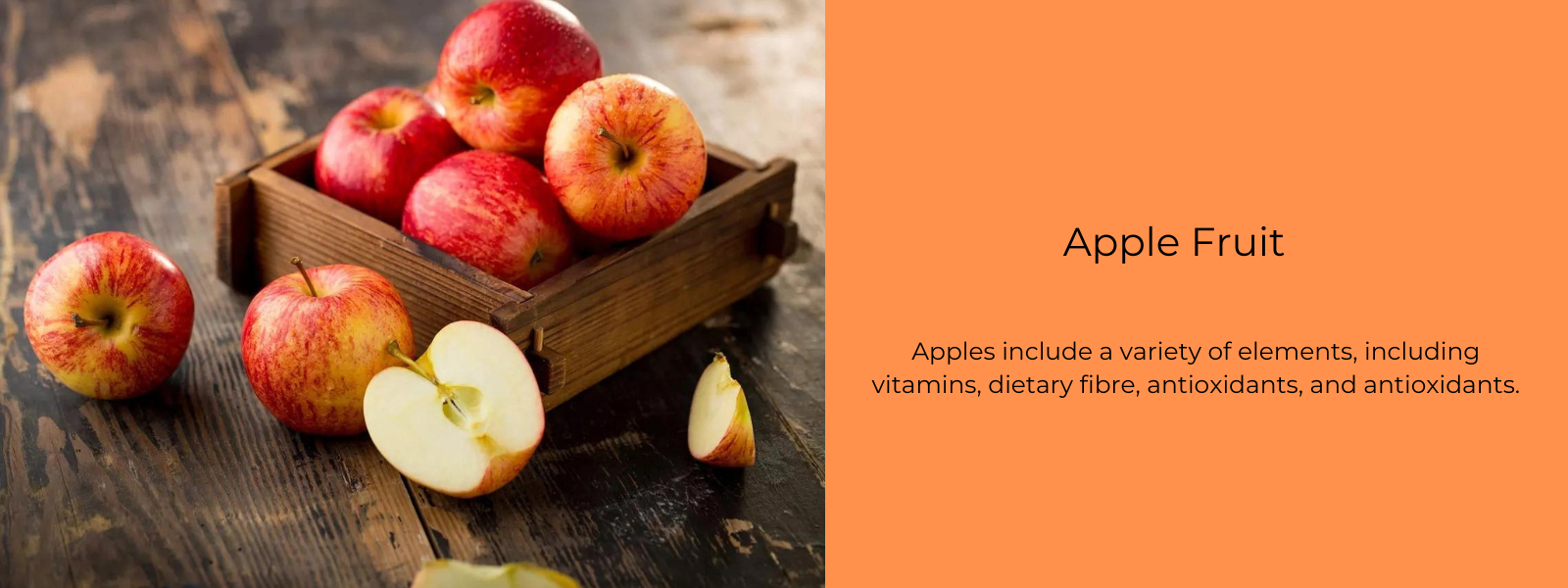
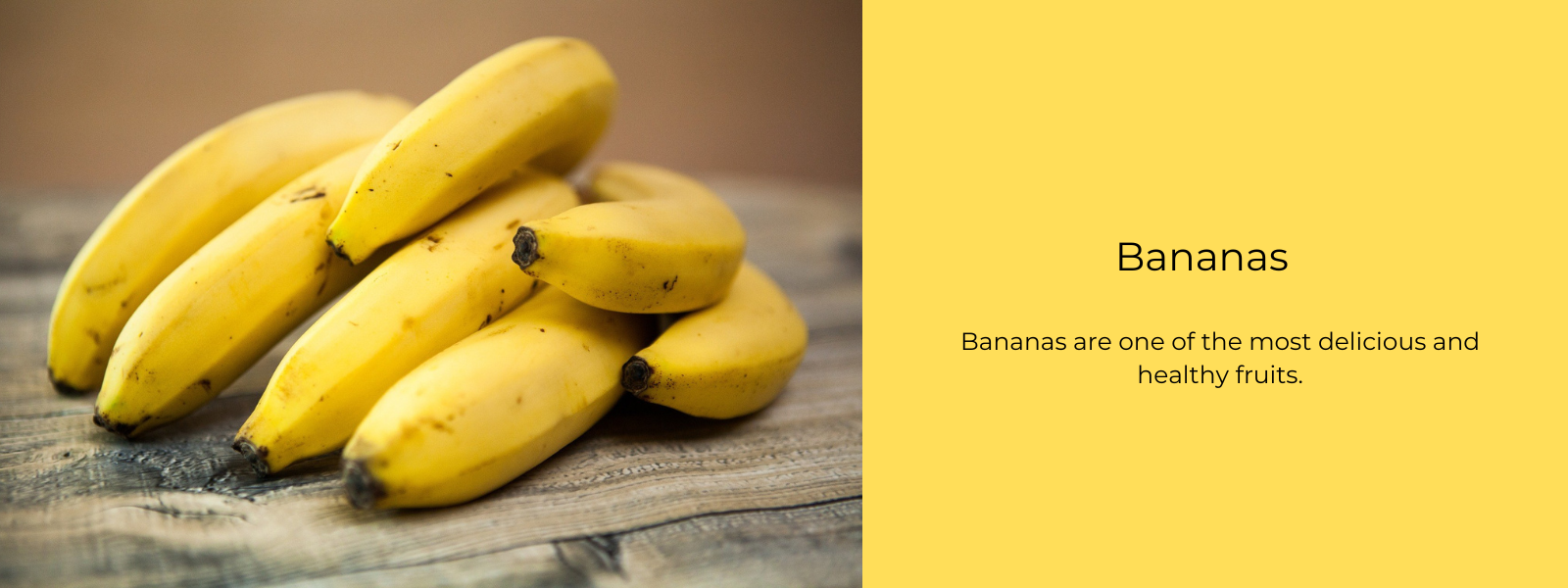
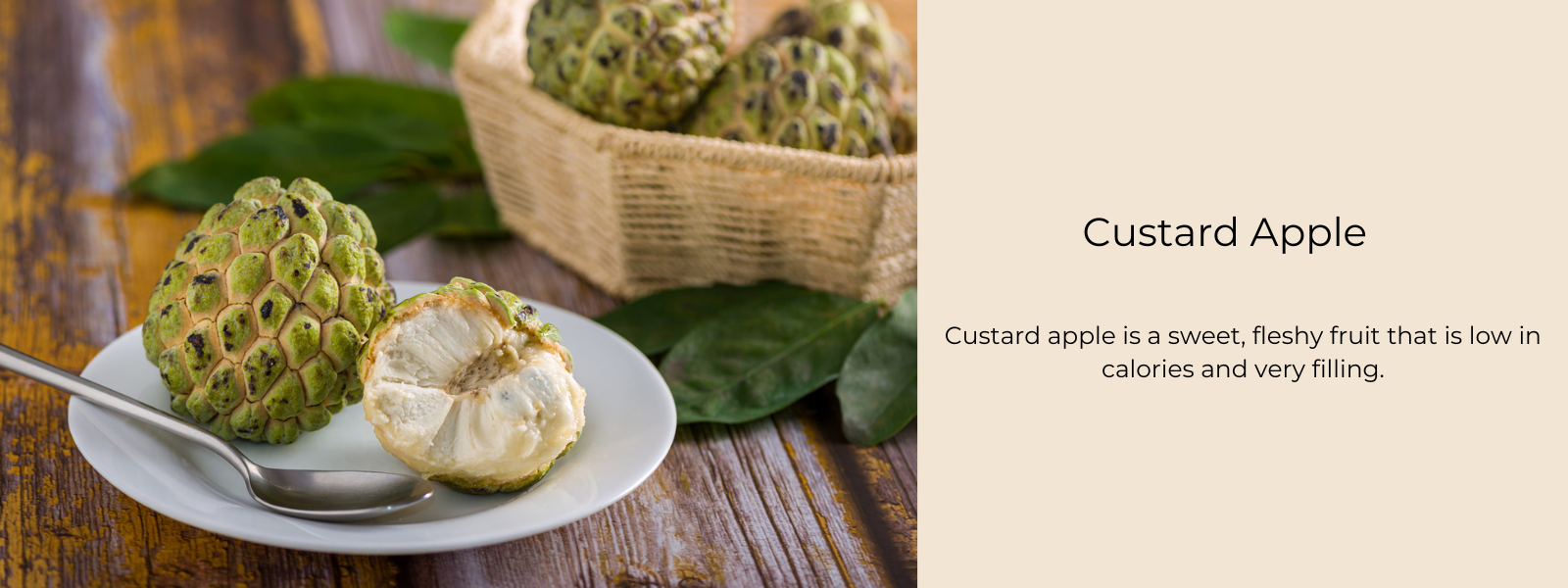
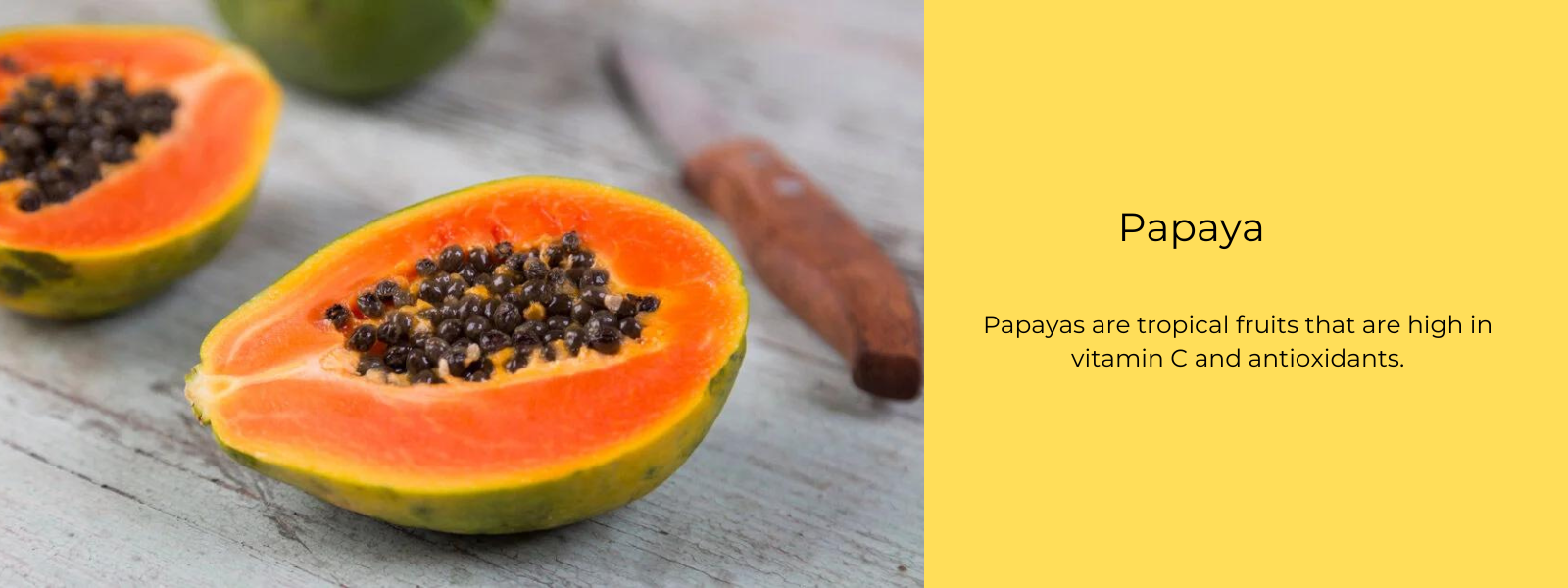
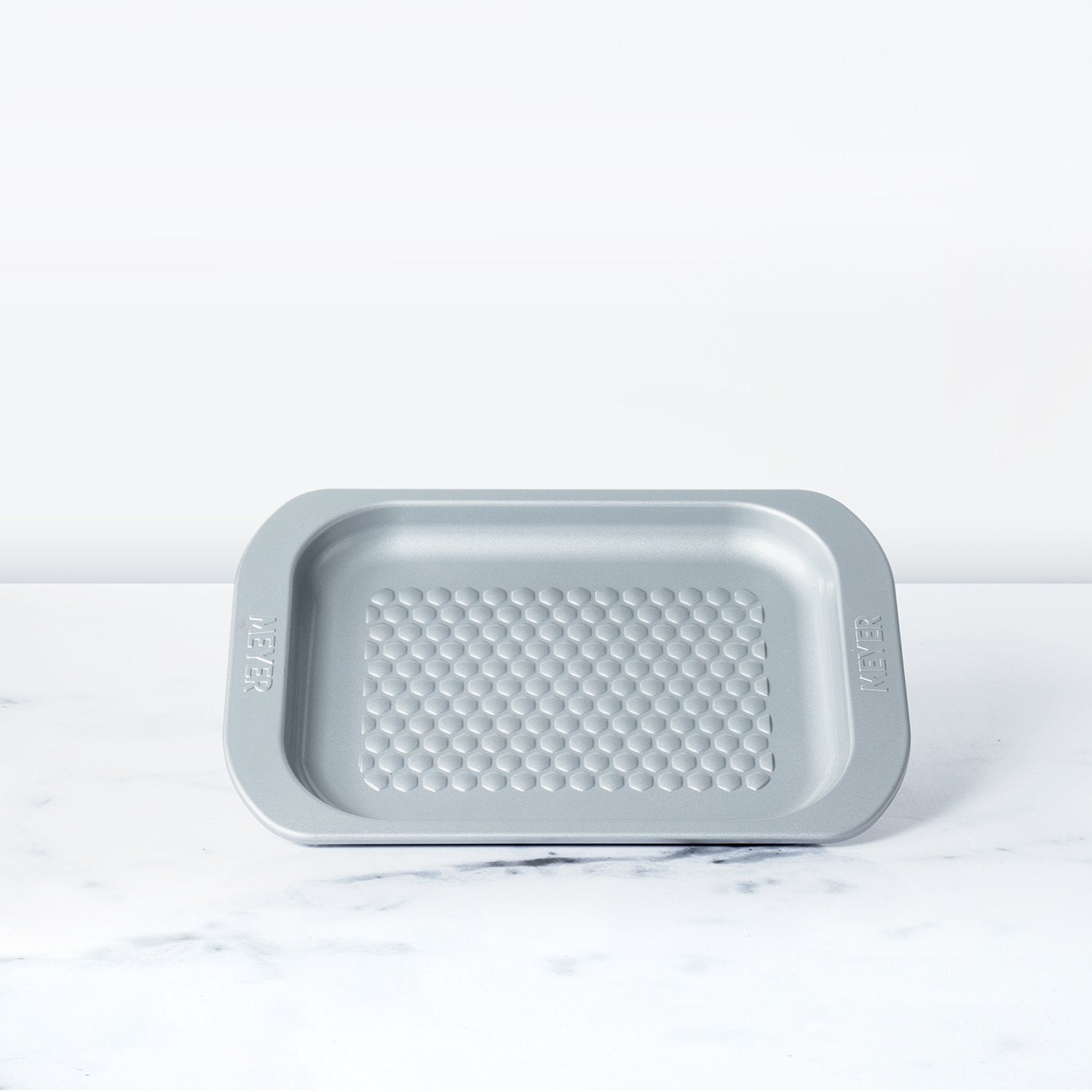
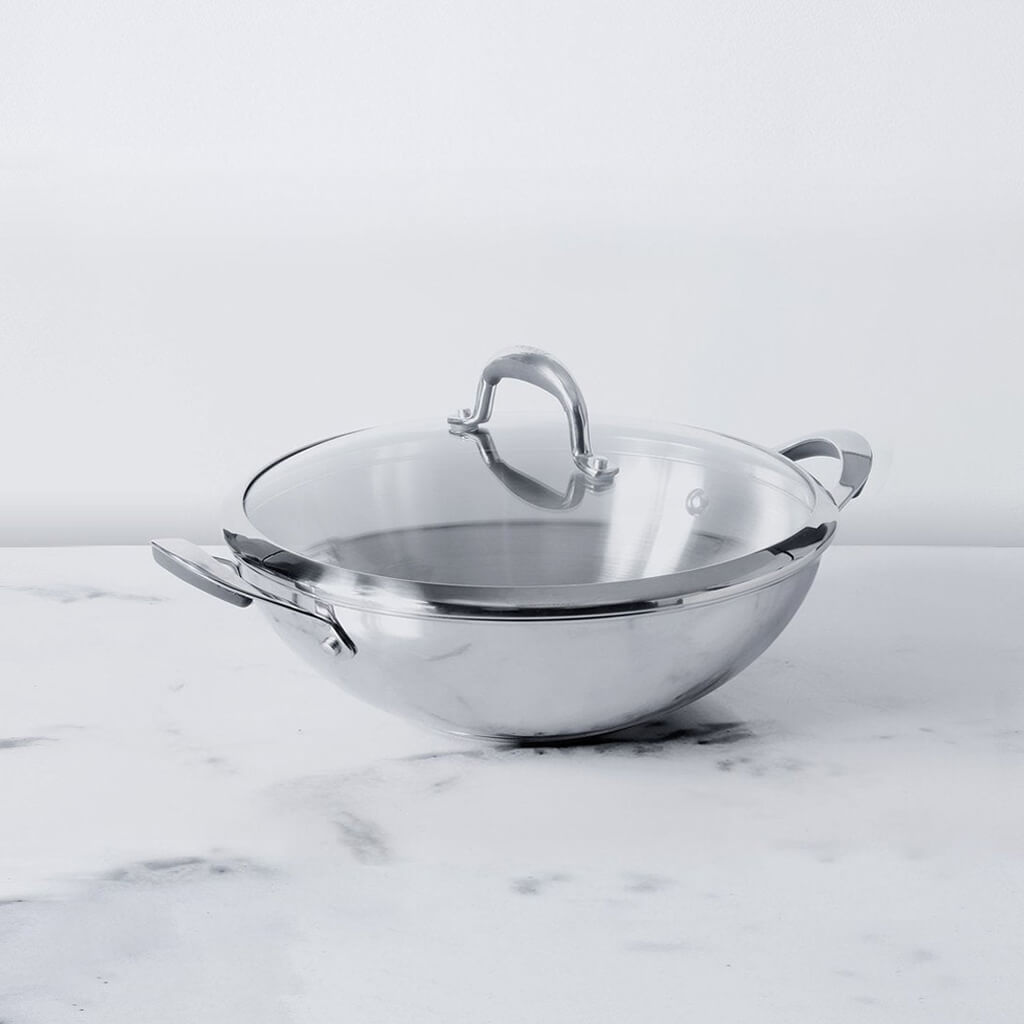




Leave a comment